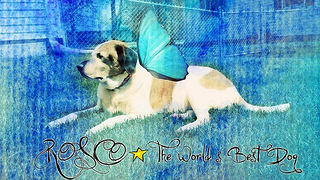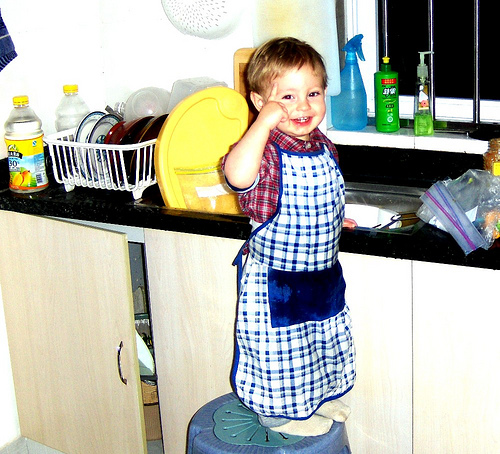“Come to the edge.’ ‘We can’t. We’re afraid.’ ‘Come to the edge.’ ‘We can’t. We will fall!’ ‘Come to the edge.’
And they came. And he pushed them. And they flew.” ~ Christopher Logue
##
Have you ever been around someone who seems to have superhuman energy? These are the people who move — to fly — from task to task, seeming to gain momentum as the day goes on. They never seem tired, bored or disinterested. In fact, using their passion and curiosity seems to creates more!
[Tweet “Using their passion and curiosity seems to creates more!”]
Sometimes you’ll see it in artists and crafters. Animal trainers and advocates. Permaculturists and pre-school teachers. Although the work they have chosen isn’t always high-paying, they’ve discovered the cost of not pursing their passion is far, far greater than the monetary challenges they face.
People like this are happy “on the far edge of the known.” They love talking about what they do and always seem excited to spend time with others who share their passions. They remain curious about what they can learn and enthusiastic about finding a way to return something equally valuable to teachers and mentors. They ask questions like “What would happen if we….?” They share a passion for the possible.
[Tweet “Are you happy “on the far edge of the known”?”]
What stands in the way of sharing their passion? Many of us live with ‘low grade’ fear, with a noisy Inner Critic dragging us down. It ‘helps’ us stay focused on the possibility losing what we already have or not getting something we want. We may have a list of things we’d like to try but the pull for security is stronger than the need to reach for the dreams we’ve listed. Fear forces us to “play defense” and ask questions like “What if I fail?” It’s not easy to grow and expand from that posture.
How do we move out of fear? What does it take to become a “possibilitarians”? To learn to say “Of course I’ll fail at first — and it’s worth it because of what I’ll learn and how I’ll change in the process.”
Three things come to mind:
- we get uncomfortable with the status quo,
- we become open-minded and willing to change
- start seeing examples of people doing the things we’d like to try
I wonder if we can shorten the time our children spend in this struggle by being that example for them.
[Tweet “Do you love what you do enough to take risks?”]
What is it that you love to do? Do you love it enough to take risks? Do your children know what ‘winds your clock’? Do you share those things with them? How do you do that?








